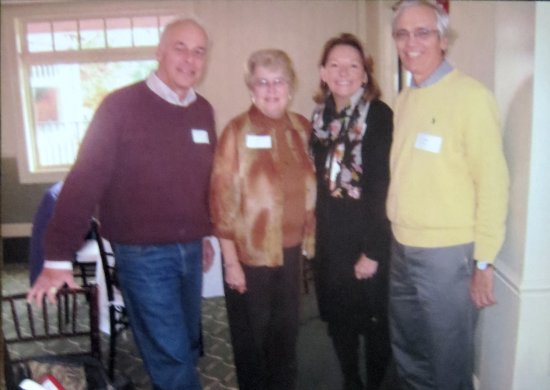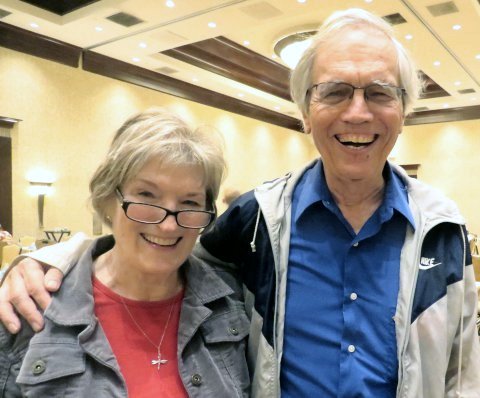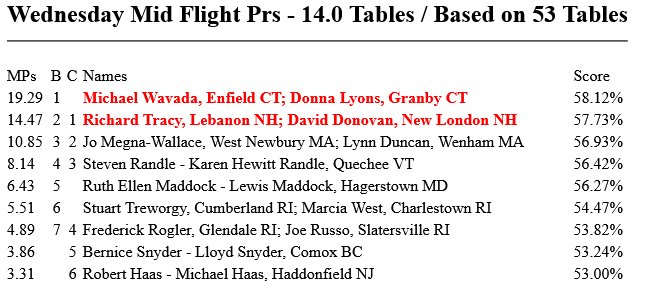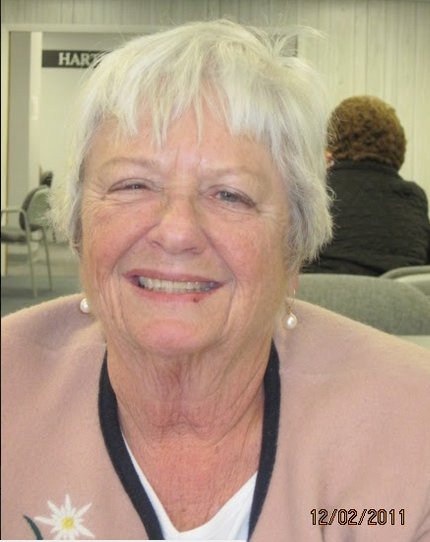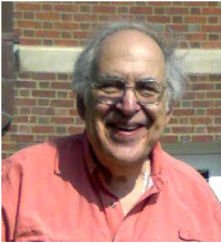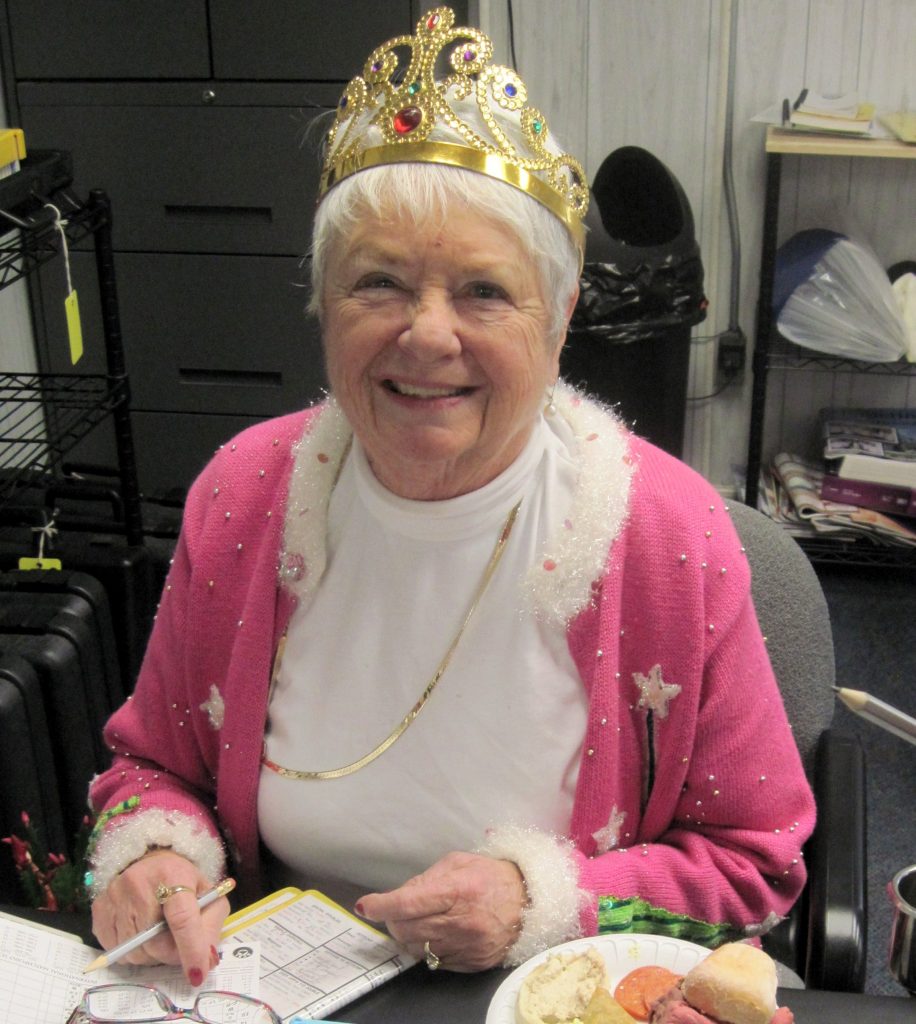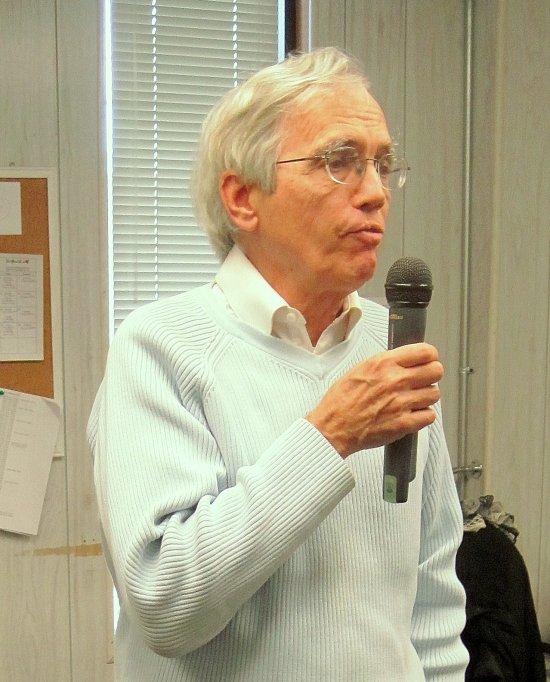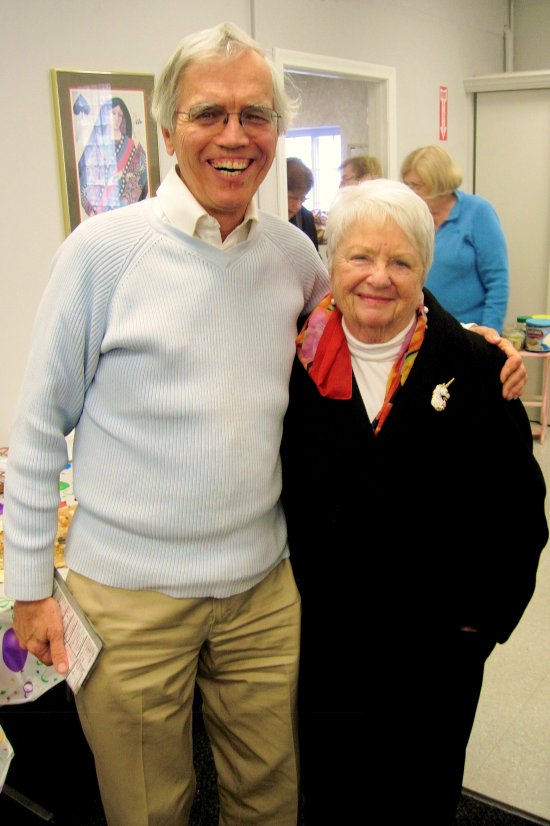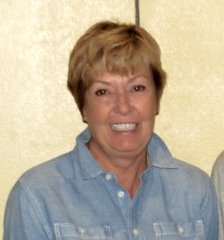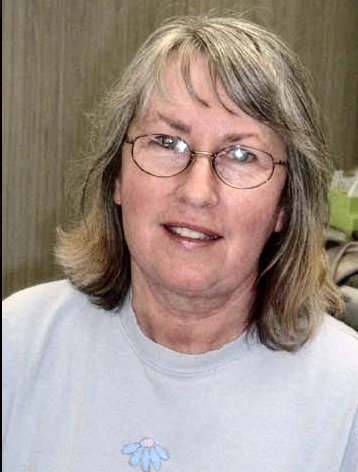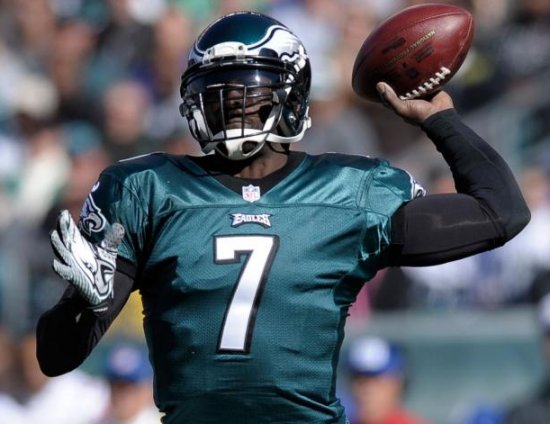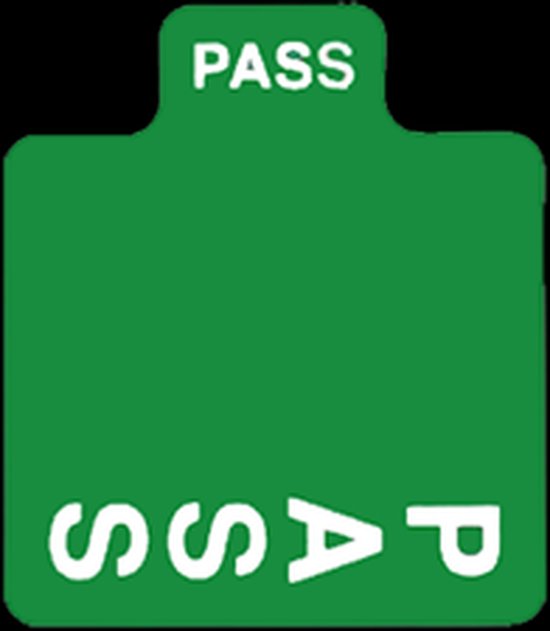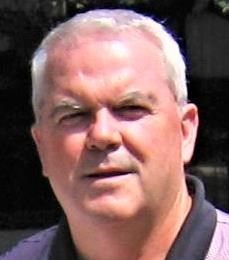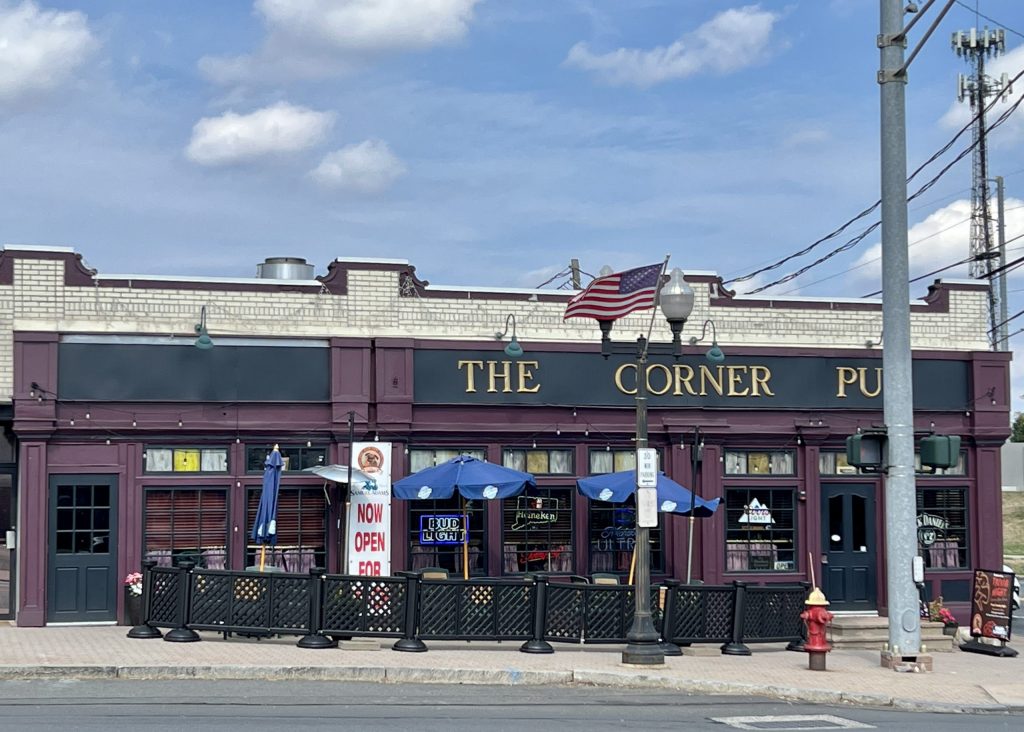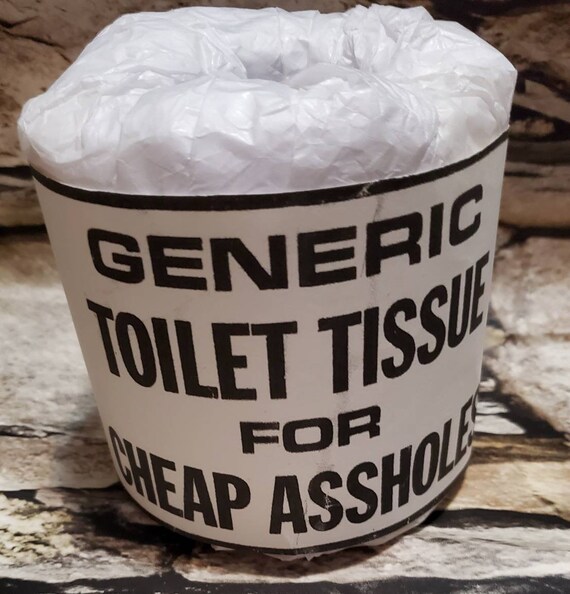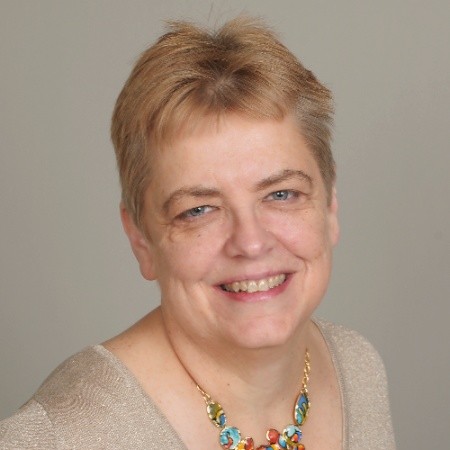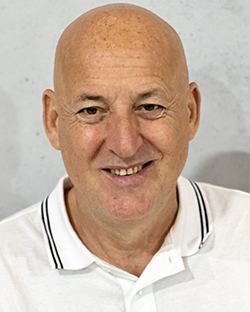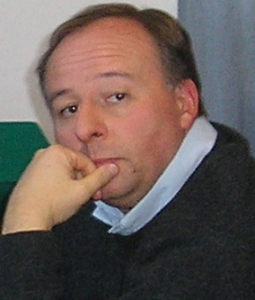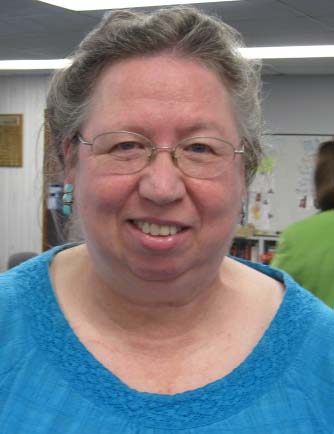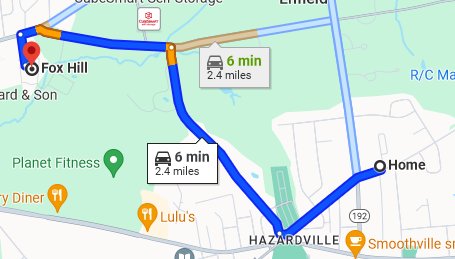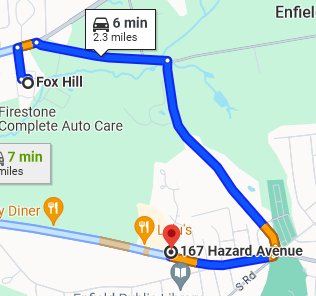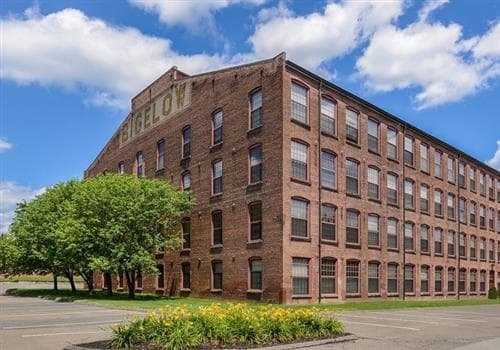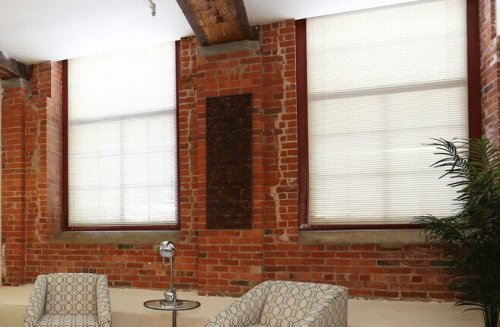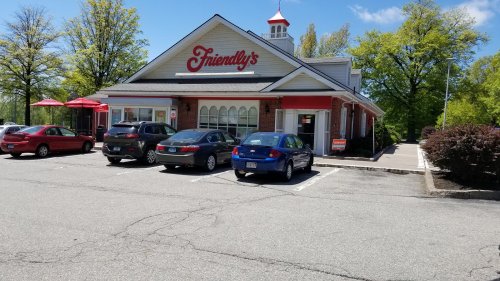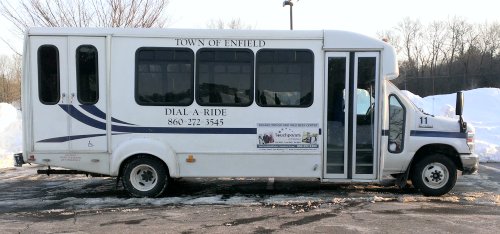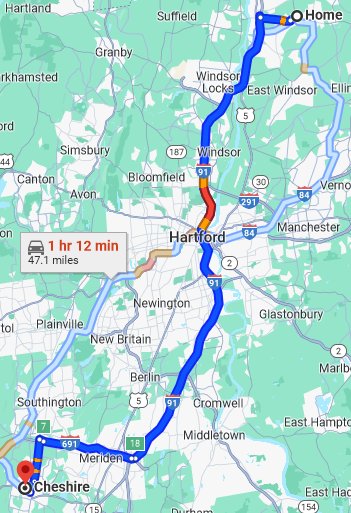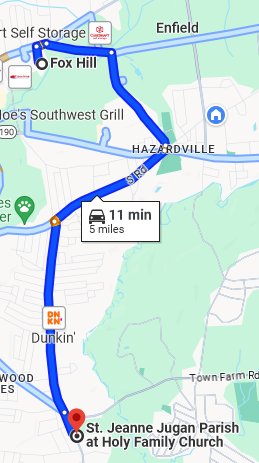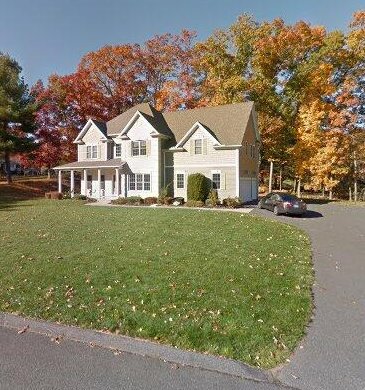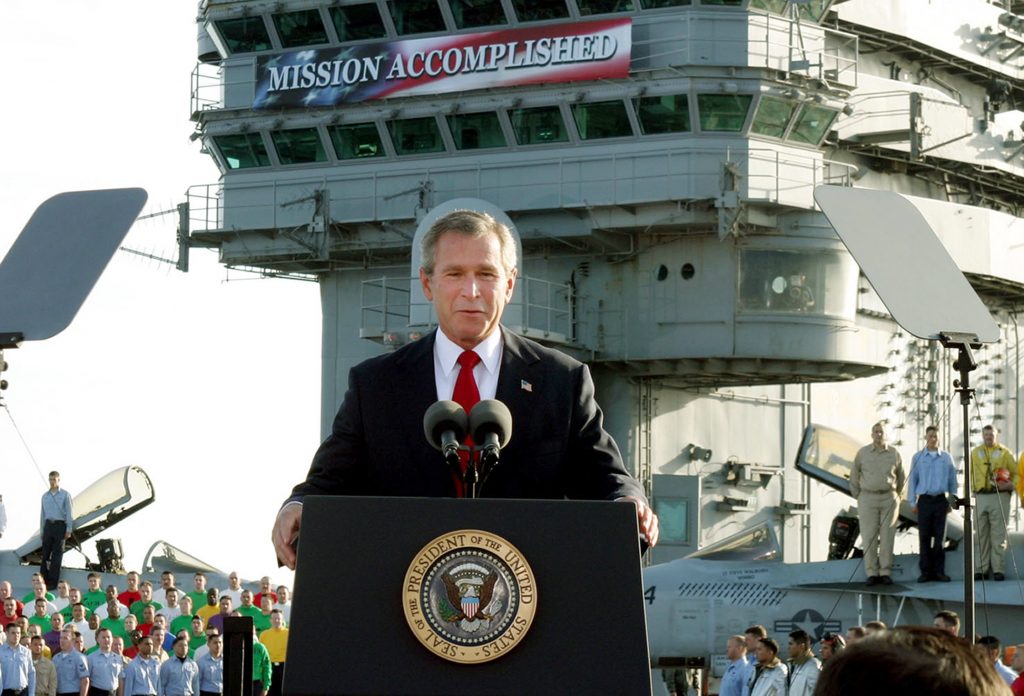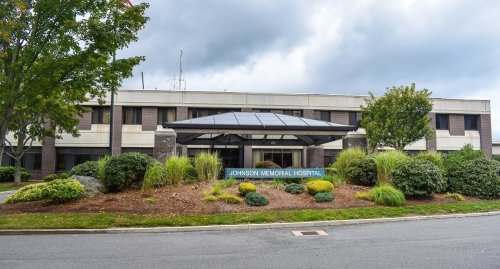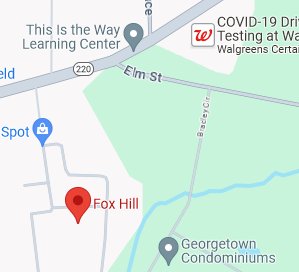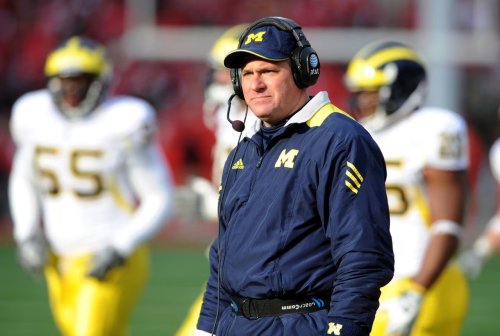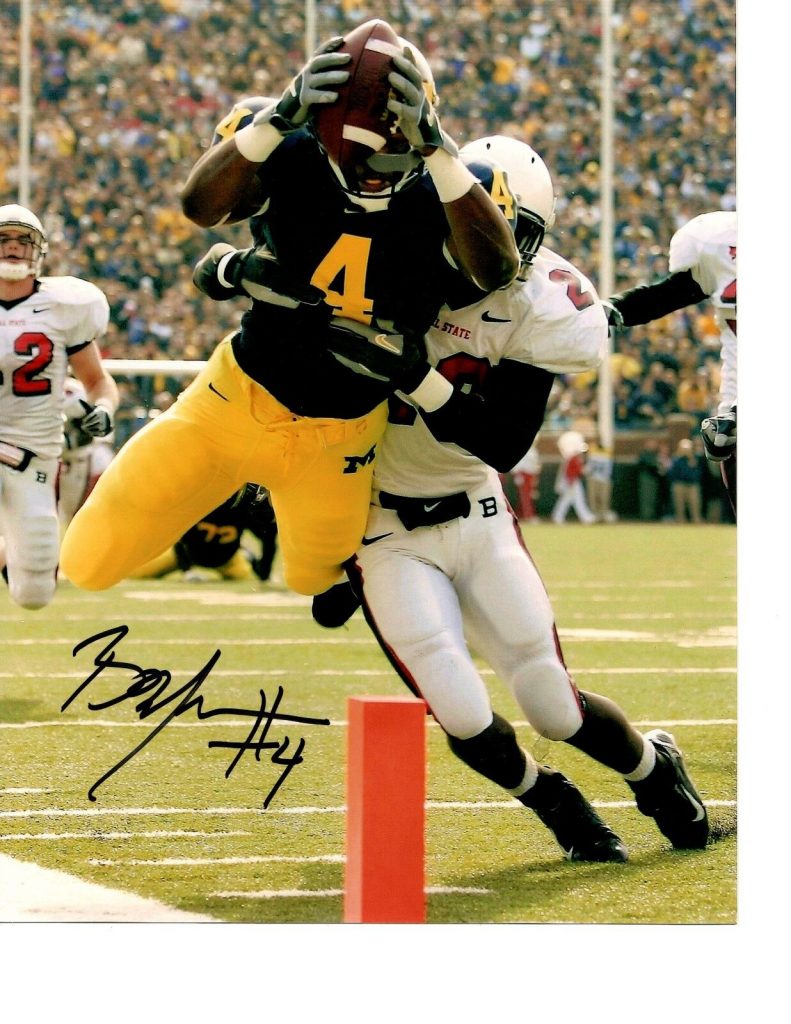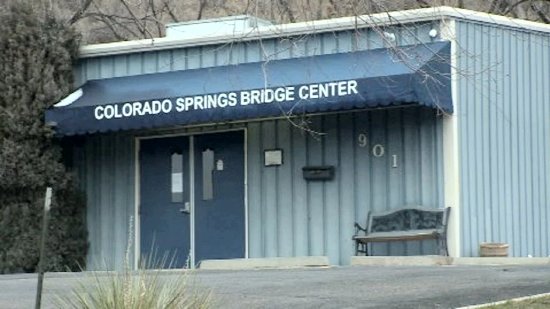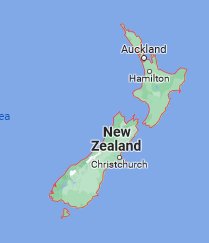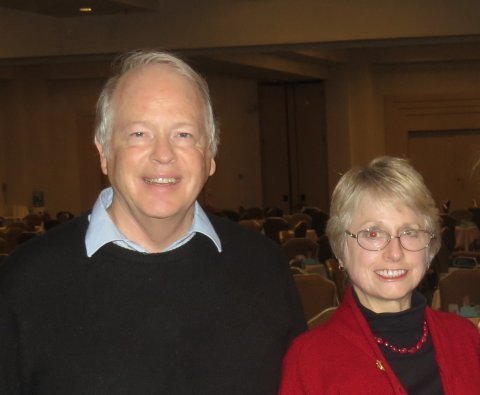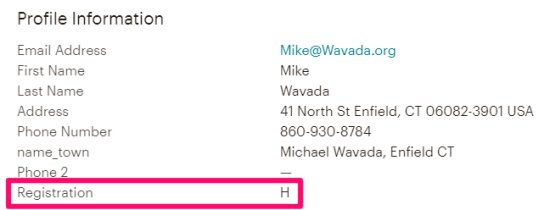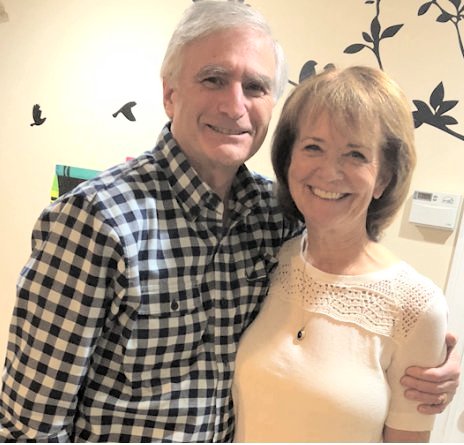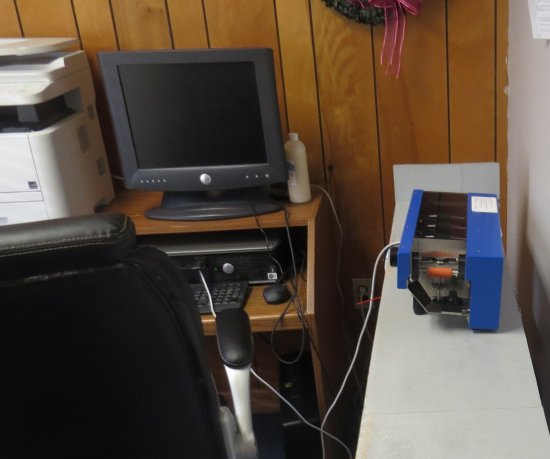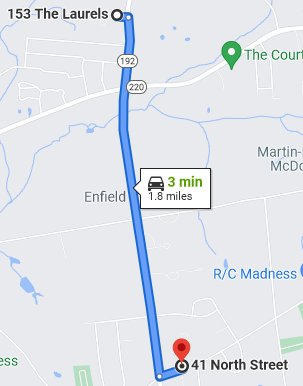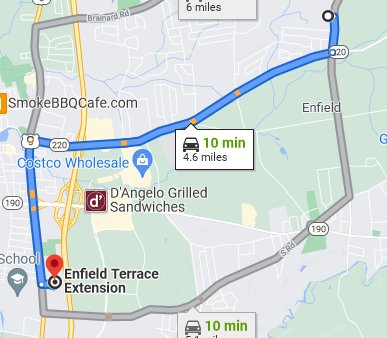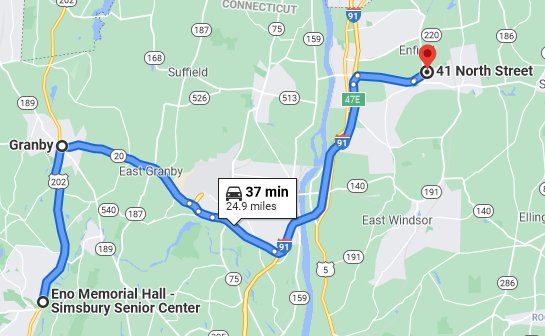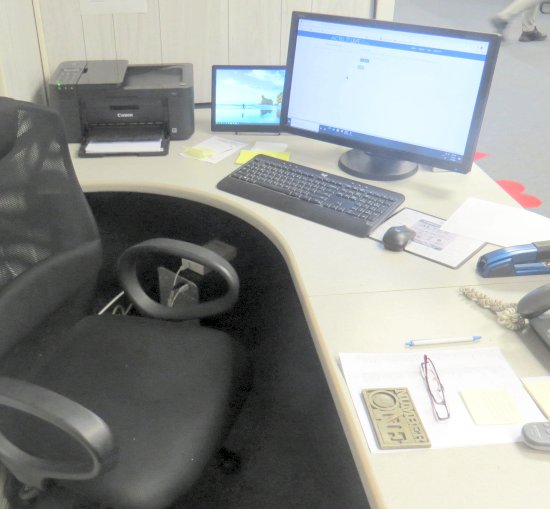Further adventures in and out of the SBC. Continue reading
My adventures playing with members of the Simsbury Bridge Club (SBC) before I became a Life Master at the end of 2009 are recounted here.
I met Jeanne Striefler at the SBC in my first few weeks there, but I don’t think that we ever played as partners there until much later. She seldom played with anyone besides Jerry Harrison during that period. We did play together at the Hartford Bridge Club (HBC) a few times, mostly when her regular partner and my regular partner were not available. I have no vivid memories of any details of those occasions.
I definitely do recall the holiday parties that she and her husband Fred held at their house in West Simsbury. Since we had played together seldom, if at all, I was flattered and surprised when she invited Sue and me to join the celebration. I particularly remember the one that celebrated her achievement of Silver Life Master (1,000 masterpoints), a party that she shared with Susan Seckinger, who had recently become a Gold Life Master (2,500 masterpoints). Susan remarked that it was not a big deal; it just meant that you had been playing a long time. That is not precisely accurate. In most cases it meant that you had played a lot in tournaments—and done fairly well. It has always been very difficult to amass thousands of points in club games, even if you usually finish at the top of the list.
I have a pretty strong recollection that the biggest thrill that Jeanne and I had experienced was as teammates in a Swiss Teams game at the regional tournament in Cromwell. However, I was unable to locate such a result. On the other hand, I did discover that we won a Compact Knockout in 2011. I played with Jerry Hirsch, and Jeanne played with CJ Joseph. Someone even took our photo1.
I have also played with CJ once or twice at the HBC. She attended the University of Michigan; I think that she graduated two years before I did. She does not live in New England any more. In 2021 she has a house in Florida. I seem to remember that she also had one in the Chicago area.
Jeanne is my age, and she grew up in the state that is just north of where I did. She met her husband Fred at the University of Nebraska. Fred was a professor at the University of Hartford.
I am not sure that I ever played opposite Donna Lyons at the SBC, but I have included her in this section because she has played there for a long time, and she still supports the club. In December, 2021, in fact, she was driving up from her winter home in Florida with the intention of playing in a few games in December at Eno Hall. I am sure that this was not the only reason that she was making the trip, but I like to think that our little game was the focal point.
I was disappointed to receive the following email from her on December 11:
Had to turn back after 6 hours, little dog not doing well. Sorry, won’t be there till May games, happy holidays, Mike!
I learned some time ago that Donna formerly taught Latin at Enfield High School. She actually knew my Italian teacher, Mary Trichilo (TREE key low), as well as one of the other continuing ed students who also formerly taught languages in Enfield. How big of a coincidence is that?
I can’t remember the first game in which Donna was my partner. Before that she had been playing with Michele Raviele, among others. I do remember playing with Donna in both games of a Connecticut sectional. We did not do very well, but I remember that one of our opponents, a guy from the Worcester area, later asked me about her. She must have made a strong impression.
Donna made a great impression on me because she obviously read—or at least looked at the photos there—one of my travel journals. I wrote about the star-crossed tour that Sue and I took in 2011 of South Italy that began with a few days in Rome2. Donna liked a couple of the photos that I took in Rome and Paestum. She asked me if she could use them for a project that she was doing for an association that promotes the study of classical periods. I enthusiastically agreed. She later gave me a SWAG bag that contained the resulting notebook and cards and a few other things. I still have all of these.
Donna was not a great player when she started. I have the feeling that she did not spend enough time in college at the bridge table. For some reason she seemed to consider me something of a guru. Over the years she sent me questions about various aspects of the game, mostly bidding. I always answered them, and she seemed very appreciative.
Whenever I could not find partners for tournaments, I sent out emails to people whom I enjoyed playing with. I had an opening in my schedule for the 2019 Ocean State Regional in Warwick, RI. Donna volunteered to drive all that way just to play with me for one day, August 28, in the Mid-Flight Pairs.
We had a pretty good session in the morning. We were definitely among the leaders. We also got off to a good start in the afternoon session. With only a couple of rounds to go we faced a husband-and-wife team from Vermont, Steve and Karen Hewitt Randle. We all took out our cards from the first board and started to bid the first hand. Before we got very far Karen announced that she did not feel well and needed to be excused. She left the room, and Steve went with her. When the round was almost over, and they had not yet returned, we called the director, who gave us a “No Play” on all three hands.
Not long after that the Randles returned. Not only did they finish the round, but they also had the best score of all the pairs and vaulted up among the leaders.
When we finished playing the last hand, I checked our score on the Bridgemate. Our percentage was about the same as what we had scored in the first round. I told Donna that that should be good enough to finish first or second.
I was stunned by her reaction: “I don’t want to be second. I’ve never been first at anything. Since I made Life Master playing with Margie, I haven’t even won any gold points.”
Donna got her wish. We won by a very narrow margin. I wondered how we would have fared if we had actually played the three hands against the Randles. Their score in the second round was considerably better than ours.
The Ocean State Regionals in 2020 and 2021 were canceled. If Donna wants to defend her title in this event in September 2022, she will need to find another partner. I now have too many points to play in Mid-Flight games.
In the summer of 2021 I played in one face-to-face game at the HBC with Donna as my partner. We did pretty well, but Donna told me that she preferred to play online. One reason was that it was safer, but she also disclosed another one that might have been nearly as important to her. “I don’t have to put on lipstick.”
After Dick Benedict told me in 2010 that he did not want to play at Simsbury any more, I looked around for a new partner. I decided to ask Sue Rudd. Sue was ten years older than I was and had played a lot more bridge than I had, but she was not yet a Life Master. So, I resolved to help her get the gold and silver points that she needed. We went to quite a few tournaments together. We had some success, but we never won an event together, at least not that I can remember. Come to think of it, I think that those years that I played with Sue were the only ones in which I failed to win at least one flight or strat in an event at a tournament.
I learned that Sue formerly worked for the Massachusetts Department of Revenue. She had two sons. One lived in Boston, the other in Minnesota. Sue lived in an apartment in West Springfield that was not far from the house occupied by my sister Jamie’s family. Later Sue moved to a condo complex that was only about two miles from our house in Enfield.
Sue was in good shape. She was an avid tennis player and cyclist. She told me that she had skied all over the US and Europe when she was younger. She also took several international vacations.
Sue insisted on driving half of the time. I agreed, but I never felt comfortable when she was driving. If there was snow, I drove. On one occasion the trip began with a light drizzle. It got heavier, and the visibility was not too good. She was driving at first, but when it began to get a little difficult, she agreed to let me finish the drive.
It is strange to say, but I cannot remember ever eating supper with Sue. I know that we went to at least a few overnight tournaments, but I cannot remember going to a restaurant together. Sue usually stayed with Helen Pawlowski, who by then was the Tournament Manager for the district. Maybe they ate together. I was still working. So, we must have gone to regional tournaments—the only ones that pay gold points—on weekends. Therefore, there would have only been one supper per tournament.
I remember only a few specific incidents. We were in Cromwell playing in a compact knockout event. that required us to play twelve hands against the same pair. One of the opponents on the other team was a little bit rude, especially to Sue. Sue got flustered and played badly. We lost the match.
I mentioned this to Helen. She immediately knew whom I was talking about. She said that she wished that she had heard about it earlier. She also said that I needed to protect Sue from people like her. This gave me pause. I wasn’t ready for that role. At that point of my life I had pretty much abandoned the tactic of arguing with anyone about anything. I would make my case, but if they could not accept my point of view, I almost never pressed the point. The reason was that my voice had a tendency to get much louder than I realized in situations like this, and the scene quickly became uncomfortable for everyone.
I remember encountering Harold Feldheim3 in the men’s room at a tournament. He asked me how I was doing, and I frankly replied that I was frustrated with my partner. He said that in his years of experience he had concluded that whenever someone felt that way, he should look for a new partner.
Sue and I won a few gold points together. She was getting very close to what she needed for Life Master. I am not sure which tournament it was, but we were playing in the last round of a bracketed Swiss teams event. We were in contention to finish first or second in our group. The bidding on the last hand of the last match had convinced me that my spade support and runnable club suit provided a good chance for a slam in spades that I did not think that most people would bid. It was risky, but I decided to bid 6♠. It turned out to be a good contract. The only problem was that Sue had to play it.
She had to begin by drawing trump, which she did. Then she had to take her ♣K, which she did. Then she needed to lead a low club to the board and take the ace and queen. She made both of those plays. I could see that the clubs split 3-2, which made the three remaining clubs good, guaranteeing the needed twelve tricks. At this point she could have tabled her cards and claimed. The opponents would have conceded without an objection.
But she didn’t claim. She thought about the situation for what seemed like a very long time. Then she started leading red cards and fell short of the contract.
As I suspected would happen, our counterparts at the other table had only bid 4♠, but they made six. So, instead of getting a positive swing that would assure us of winning gold points, we suffered a double negative swing that dropped us out of contention—all because she could not count the clubs.
This was not a mistake of inexperience. There were no distractions; it was early in the play of the hand. There were only two possible explanations. Either she did not count the clubs, or she forgot that every suit had thirteen cards. I was completely exasperated. The situation was so perfect, and I had analyzed it correctly! I could not hold back my frustration, and my reaction was so intense that even the opponents castigated me for it.
After the long mostly silent drive home I sent her an email in which I apologized for the way that I acted and stated that we should not play together any more. It was just too frustrating for me. Years later she told me that she was very tired that afternoon because she did not sleep well the night before. Fine; that is why coffee is always available at tournaments.
Sue did not give up. Some months later she won enough gold points for her Life Master playing with Sally Kirtley. I don’t think that they ever won anything in the “overalls”, but they did finish first in their section a couple of times. Those two awards were enough to push her over the threshold. I don’t think that she ever won any gold points4 at all after that.
Since then I have driven Sue to games in Simsbury almost every Wednesday before the pandemic and after the club reopened in the fall of 2021. I have even played with her a few times at the HBC. I also gave a little speech at here LM party there. Here is the text.
Sue sometimes rides with me to bridge games at local clubs, and almost always I have remembered to bring her home. During one those rides some years ago she confided to me that her goal was to have “Life Master” in her obituary. So I looked in the Hartford Courant’s Future Archives for her obituary. It took quite a while, but I found it.
Susan F. Rudd–I’ll skip the dates–worked in the Collections Section of the Massachusetts Department of Revenue, where she was known as Rudd the Ruthless. After retirement she divided her time between her family and her many hobbies. She is survived by her sons Paul and David, eight grandchildren, twenty-seven great-grandchildren, forty-two great-great-grandchildren, and one great-great-great grandson.
Susan is best known as being the only woman to win the American women’s super-senior tennis championship as an octogenarian, a nonagenarian, and a centenarian. However, her proudest accomplishment was to become a Life Master in bridge, a game without electronics that was popular in the twentieth century.
My wife Sue and I attended her eightieth birthday party in 2018. She asked me to reprise the LM speech, and I was ready to do so. However, Sue’s daughter-in-law, who organized and ran the fete, put the kibosh on the idea without telling anyone.
By the way, it was true that on one occasion I drove Sue Rudd to the HBC for a Tuesday evening game. I had a bad game playing with a different partner and left in a foul mood. Just as I reached the bridge over the Connecticut River on I-91, I realized that I had left Sue back at the club. I turned around at exit 44 and returned to the club. It was all dark and obviously empty.
I learned the next day that Sally Kirtley had driven Sue to TSI’s office in East Windsor, which is where she had left her car.
I had no difficult whatever in deciding whom I should ask to play with me at the SBC. By then Ken Leopold had been attending somewhat regularly, and he seemed like he knew what he was doing. The good thing was that he was younger than I was—his memory still functioned. The only drawback was that he wasted a lot of time on his family and his job. He and his wife Lori had six kids, a couple of whom were still living at home. He also had an unhealthy commitment to the idea of helping his patients beat cancer. He was a doctor, you see. He worked (and still does in 2021) at Hartford Hospital in the field of radiation oncology.
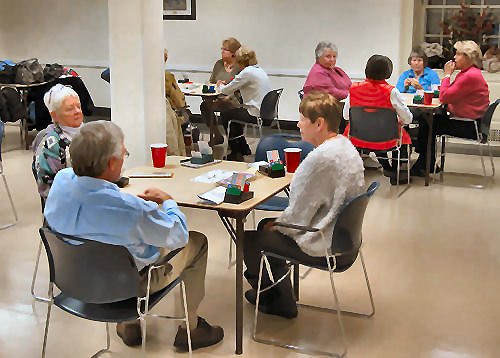
So, Ken and I mostly played together just on Wednesday evenings at the SBC. I attended almost every tournament within driving range, and i always asked him to play, but I usually had to settle for his participation in the Sunday Swiss events.
On most of these occasions our team consisted of Ken, me, Dave Landsberg, and Felix Springer. Much more about Dave and Felix can be read here. Sometimes I played with Dave, and Ken played with Felix. Often we had to rearrange things to accommodate a different fourth.
We did amazingly well, and our results formed a pattern. We were almost in the lowest group, the C strat. I was on the board of the Connecticut Bridge Association (CBA), which always met before the Sunday Swiss. I would generally emerge from the meeting five or ten minutes before game time and frantically scan the playing area for the rest of “the band”. When I found them I fished some bills out of my wallet and reimbursed whoever had paid my entry fee. Then I had only a few seconds to peruse the convention card to refresh my memory about what conventions we were playing.
I almost always made mistakes in the first round, which we usually lost. We then almost always won our next two matches, which forced us to face a pretty good team in the fourth round. I am not sure that we ever won a fourth round. So, we would invariably go into the pizza break in the middle of the pack. We then almost always won two of the last three rounds to finish in the top half, which, for a C team, was good enough to win quite a few silver points5. It was truly remarkable how often we did this. Here is an example from the Swiss held in Hamden on March 1, 2015:
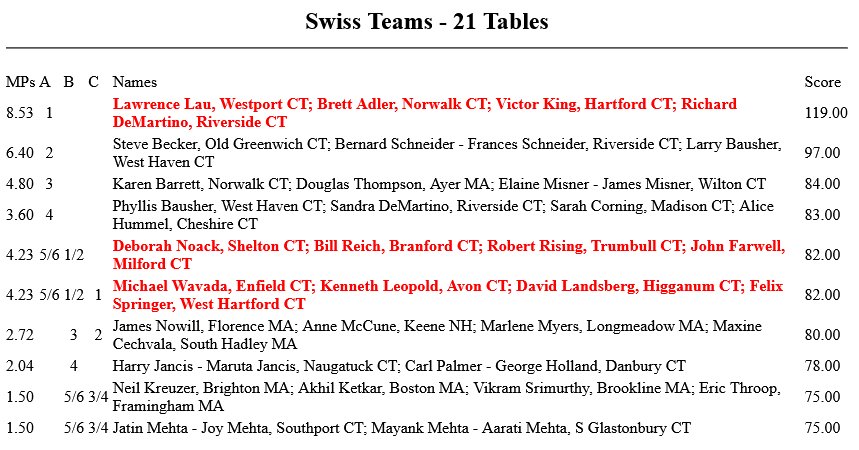
I just loved playing with these guys. Earlier in the tournament Felix had played in pairs games with both Dave and me. I am not even sure who played with whom in the Swiss. I don’t think that Ken ever played with Dave, but any other combination was possible.
My fondest memory of the four of us is from the North American Bridge Championships held in Providence in November and December of 2014. On both Sundays at the tournament some or all of us played together in the bracketed Swiss events.
I am disappointed and embarrassed to report that I can find very little documentation of those two events. I am absolutely certain that I posted detailed write-ups of them on the NEBridge.org website as part of my “View from B Low” series. Unfortunately, all of the web pages posted between January 24, 2014, and July 22, 2015, were lost during the catastrophic system failure of July 2015.
I thought that perhaps a draft copy of this work was on my desktop computer, but I could find no trace. I then looked for the photos that I took on those two weekends. I found about forty of them, but I am pretty certain that I took more than that if only to add more atmosphere to the “View” article. I suspect that I moved the best of those photos somewhere to facilitate uploading them to the NEBridge.org website. The uploaded copies are gone for good, but the originals should still be on my computer. I just can’t locate them.
So, I must rely on my fading memories and the results that I found on the ACBL website. My partner for the first weekend, November 29-30, was Ginny Farber6, whose last name at the time was Iannini (eye ah KNEE knee). She lived on the Cape. We had played against each other at tournaments a few times. After her husband died shortly after the Cromwell tournament of 2014, we began playing as partners at tournaments.
Ginny and I played in pairs games on Saturday, but we did not do too well. For the bracketed Swiss on Sunday we were joined by Dave Landsberg and Pat Fliakos, both of whom I had met in the Tuesday evening games at the Hartford Bridge Club.
We played well through the first six matches. We won them all. However, we could not rest on our laurels. In the last round we faced a foursome from Montreal that was only four points behind us in the standings. I don’t remember the situation precisely, but I do recall that there was one critical hand in which Ginny had reversed, a bidding sequence of two different suits showing a strong hand in which the first suit is longer than the second. An example would be 1♦ followed by 2♥ after partner has responded 1♠ or 1NT.
Somehow we ended up in an impossible slam, and the contract failed. I was certain that our counterparts at the other table probably did not bid the slam, which would provide them with a big swing. Ginny and I were extremely nervous at the end of the match when we went to the other table to compare scores. Fortunately, Dave and Pat had had a good round. We lost the match, but only by two points
Imagine our shock when the opponents came over to get us to agree that they had won the match by ten points, not two. It turned out that they had recorded a 0 on one hand in which both of our pairs had actually won three points. When we pointed this out to them, they were, of course, bitterly disappointed, and our relief was palpable.

As the results clearly show, the third-place teams were not even close. In the second weekend our team was Felix, Dave, Ken, and me. I cannot remember who played with whom on Saturday when we lost in the semifinals of a compact knockout. On Sunday we played in another bracketed Swiss. I played with Dave, and Ken played with Felix.
This time a very weird thing happened in an early round. There were repeated director calls on one hand. Then the same thing happened on a subsequent hand. Dave and I finished long before Ken and Felix. After we compared the scores they explained that the director had twice ruled against them, and they had appealed both rulings. Evidently neither appeal was successful. I don’t remember the specifics. Ken and Felix weren’t exactly angry about it, but they weren’t satisfied with the ruling either.
It hardly mattered. This time I knew that we were doing well, but I never checked the scoreboard. After the last round Ken checked the scores. He reported that “We lapped the field.”

So, the tournament had the best possible ending for “the band”, and it left us hungry for more. After that we played together whenever we could.
Ken made Life Master in July of 2015. The HBC sponsored a party for him and Felix, who achieved the rank a little earlier. It was a five-round team game using the Swiss format. Dave and I were their teammates. Ken and Felix sat North-South at table 1 in the A section. We sat East-West at table 1 in the B section. We won our first three matches, but we did not have any big victories.
Then there was a break for food and speeches. Dave said to me sotto voce, “Did you see their résumés? Why do they play with us?”
Of course, what I thought was, “What do you mean ‘us’, Paleface?”, but I didn’t say any thing. A little later I took the floor to give my little speech. I began with a trivia question:
What do the following three famous people have in common?
- Champion golfer, Phil Mickelson, who can consistently hit a golf ball 300 yards.
- Four-time Pro Bowl quarterback, Michael Vick, who can throw a football 80 yards.
- World-class physician and Life Master bridge player Ken Leopold.
I told them to think about it. I would come back to it at the end. Meanwhile, I had a survey that Mark Aquino, the District Director, asked me to conduct:
“Are you aware of the procedure at a regional or national tournament for appealing a director’s ruling?” Most people were.
“Have you ever appealed a director’s ruling?” About half the players raised a hand to indicate that they had. I pretended to count and record the result.
“Have you ever appealed more than one director’s ruling in the same tournament?” Only Felix and Ken still had their hands raised.
“In one very short eight-board match of a bracketed Swiss event, commonly known as a Round Robin, have you ever appealed more than one director’s ruling?” Still only Ken and Felix.
“Have you ever won such an appeal?” They both sheepishly lowered their hands.
I then asked if anyone knew the answer to the trivia question. Dave, of all people, piped up, “They are all left-handed.”
“No!” I said. “Actually, they are all right-handed. Mickelson swings left-handed and Vick throws left-handed, but they both do everything else with their right hand. Similarly, Ken plays bridge left-handed, but his right hand is dominant.”
We won the fourth match, but our margin of victory left us a couple of points behind the first place team. We faced them in the last round. Our opponents were Laurie Robbins and Tom Lorch. The hands were not very exciting. The match came down to a hand in which the West player had to decide whether to accept a game try. I passed, and my counterpart at the other table bid the game. Since the tricks for game were not actually available, we won the match and the event. As I have often said, most of my best calls are green.
Donna Feir, the manager of the HBC, announced that never before in the history of the club had the players being honored ever won a team event, and never had they won all five matches..
A few years later Ken thought that we should play a weak 1NT opening. I think that he got this idea from Doug Doub, a pro who gives lessons at the HBC. I went along with the idea, mostly because I already played a different version of that approach with Peter Katz7 on Saturdays at the HBC. Ken sent me the link to a detailed write-up of how it worked. We have been playing that weak 1NT system ever since, and I review the manuscript before each game. Even so, I sometimes forget that we are playing it.
Ken also insisted on playing the Wolsey defense against strong 1NT openings because that was what he played with Lori, and he alleged that he could not remember two different defenses. I much prefer a more disruptive approach, especially in the balancing seat, but I have agreed to grit my teeth and play Wolsey.
Ken was one of the driving forces behind the resuscitation of the SBC in 2019. That story is told here.
The spreadsheet that contains my list of partners includes a line for Helen Pawlowski, and so I must have paired with her at least once, either when she was running the club or when she dropped in to play after she no longer did. It is also possible that I might have played with her at a tournament or at the HBC.
I find it remarkable that I have no recollection of the occasion. Helen was a very good player, and playing with her would have been a big deal at any point in my career.
In 2023 Helen lived in Bluffton, SC.
On at least one occasion before the Pandemic, when Ken could not play, I played opposite Al Carpenter. Al was not a great player, but he was very enthusiastic and gregarious. He had a hearing problem, and so he often was speaking too loudly for the size of our room.
At the time that I played with him Al was working for Enterprise Rent-a-Car. I seem to remember hearing from someone that Al died, but I could not find an obituary or any other reference on the Internet. .
Chuck Pickens played at the SBC occasionally before the Pandemic. I played with him once when Ken was not available.
Chuck died in 2022. His obituary is posted here.
Al Gee began playing regularly at the SBC after the Pandemic. His usual partner was Kathie Ferguson. On one evening Kathie had another commitment, and so did Ken. So, I played with Al.
I learned that he had taken up bridge after his wife died, and he credited the game with getting him through that crisis. He originally played at the Newtown Bridge Club, but he found the SBC after moving to the area. Al was retired from a career at 3M.
We played Al’s convention card, which was not very sophisticated. We finished last.
Al was still playing pretty consistently at the SBC in late 2023.
Shown at left is a photo of Al that I took at the Limited Sectional at the HBC on March 26, 2023. Al and his old partner from Newtown won their section in the morning session of the 199er Flight. The fellow behind Al is Howard Howard Schiller, another regular at the post-Pandemic SBC.
Allison Ryan came down from her home in Northampton, MA, to play at the SBC on an evening on which I happened to be available. This occurred before Covid-19. She was a new player at the time, but she obviously had a lot of potential. I don’t recall how we did, but I don’t think that we were last.
In 2023 Allison was retired or at least mostly retired from her career as a neurologist. I have seen her a few times at tournaments. My wife Sue and I had a very pleasant supper with her and her bridge partner at the tournament in Nashua, NH, that has been described here.
On many occasions I drove Maria Van der Ree from her apartment in Enfield to the games at the SBC on Wednesday evenings. On almost every occasion she played with either Sue Rodd or my wife. Once, however, she got stuck playing with me. Line most new partnerships we had a few misunderstandings in the bidding.
In 2023 Maria turned 93. She had difficulty with new bidding concepts, but she was still quite good at playing the cards. Sue Wavada saw her often at the non-sanctioned games in Somers and East Longmeadow.
1. I found this photo in the bag that contained the ones that I shot in my disposable-camera days. However, by this time I had been using my Canon point-and-shoot camera for six years, and I was too cheap to have prints made. So, someone probably took the photo with Jerry’s camera, and he gave me a print.
2. The journal is posted here.
3. Harold Feldheim died in 2019. Much better than his obituary are the comments from fellow bridge players that are posted here. After I had been working for District 25 for a few years Harold paid me one of the nicest compliments that I have ever received: “If more bridge players were like you, everyone would enjoy the game a lot more.”
4. To put this in perspective, as of the end of 2021 I had 697.41 gold points.
5. Through the end of 2021 I have amassed 548.03 silver points, almost all of which were won at sectional tournaments, and the bulk of those in the Sunday Swiss games.
6. Much more about my partnership with Ginny can be read here.
7. Details about my adventures with Peter Katz are posted here.



